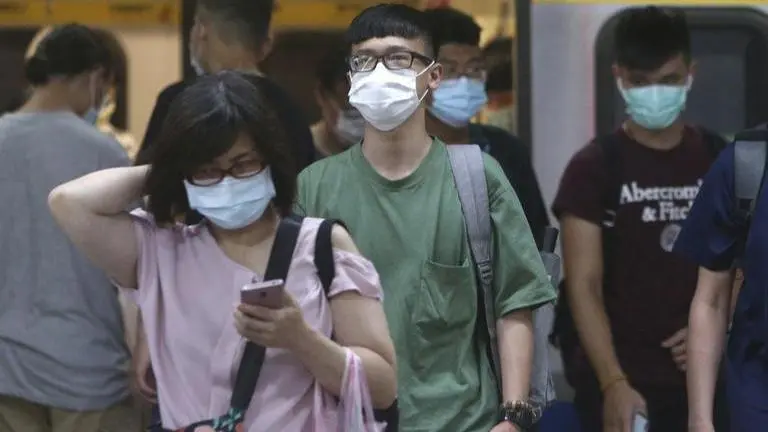Updated 7 August 2020 at 21:57 IST
COVID-19: BCG vaccine immunised people from heightened risk of Coronavirus, says study
Scientists have found that BCG vaccine, which was created to treat Tuberculosis, immuned people from getting ‘seriously ill’ during the COVID-19 pandemic.
- World News
- 2 min read

Scientists have found that BCG vaccine, which was created to treat Tuberculosis, immuned people from getting ‘seriously ill’ during the COVID-19 pandemic. For the research, which was published in Cell, researchers compared two group of volunteers – one who had received the BCG vaccine and others who did not. As a result, they found that immunised individuals “did not get sick more often, or become more seriously ill” during the ongoing COVID-19 pandemic.
'Did not have more symptoms'
For the purpose of research, the researchers evaluated a group of healthy volunteers who received the Bacillus Calmette–Guérin or BCG vaccine in the five years before the ongoing pandemic and compared their immune system function to that of healthy volunteers who were not administered the shots, in the Netherlands. As a result, they found that those people who have previously received BCG, did have “more symptoms”, did not get sick frequently or become more seriously ill, during the first wave of the COVID-19 pandemic.
Advertisement
Meanwhile, US-based biotechnology company, Moderna’s COVID-19 vaccine candidate has proven to protect mice from infection with the novel coronavirus, also known as SARS-CoV-2. As per the study published in the renowned journal, Nature, on August 5, the coronavirus vaccine candidate named mRNA-1273 induced both potent neutralizing antibody responses and prevents the coronavirus infection in the lungs as well as noses of the mice without any evidence of immunopathology.
Moderna’s this vaccine candidate, that has previously shown positive results in monkeys, is now in Phase 3 of evaluation. The mRNA-1273 was given to mice as two intramuscular injections of a one microgramme dose, at a difference of three weeks.
Advertisement
Furthermore, when these mice injected with two doses of the COVID-19 vaccine candidate, were infected with the novel coronavirus at least five or 13 weeks after the second dose, the viral replications did not take place in animals’ nose and lungs.
Image credits: AP
Published By : Riya Baibhawi
Published On: 7 August 2020 at 21:56 IST
